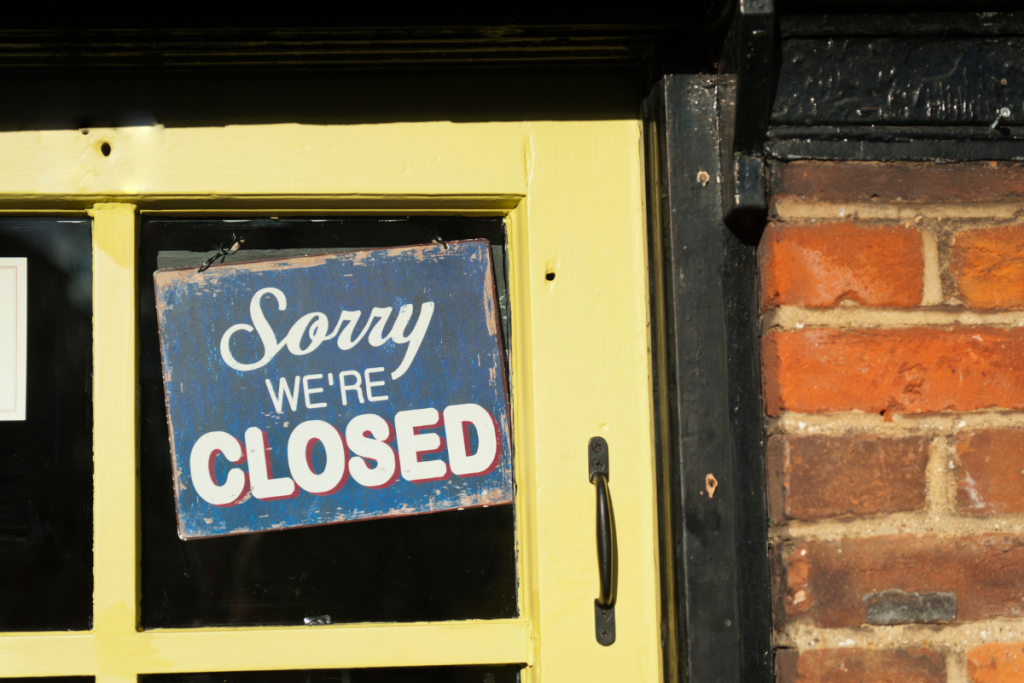Small businesses in the UK have continued to be plagued by late payments over the last year, with only 51 per cent of invoices sent in the UK last year paid on time.
This is according to research by cloud accounting software company FreeAgent, which analysed over 50,000 businesses and hundreds of thousands of invoices send in the last year.
The area in the UK worst affected by late payments was Sheffield, with 29 per cent of invoices sent during 2016 paid within three days of the payment deadline. Twickenham and Peterborough were also particularly hard hit, with 37 per cent paid on time at each.
Manchester, however, is the area least affected by late payments, with 79 per cent of invoices sent by micro businesses paid on time. Other areas to be relatively less affected included: Leeds (76 per cent), St Albans (67 per cent), Coventry (61 per cent) and Nottingham (60 per cent).
Ed Molyneux, CEO and co-founder of FreeAgent, said: Even in Manchester, where late payment is least prevalent, there are still many businesses who aren?t being paid on time. And we re not just talking about clients taking an extra week or two to pay this includes chronic late payers who sit on invoices for months, as well as those who just don’t pay at all.
“Micro business owners need to get paid promptly to keep their cash flow healthy and most don’t have the luxury of being able to absorb a late or non-payment in their accounts. We need to see a complete cultural shift when it comes to paying invoices, so that these types of smaller businesses are not put at risk.
The issue of late payments has been recognised by the government and last year it was announced that a small business commissioner will be appointed to tackle it. The position has yet to be filled.
“It’s certainly good news that the government recognises the late payment problem and is recruiting a small business commissioner to tackle the issue. However, this process has dragged on for a considerable amount of time and I fear that whoever is appointed will have limited power to actually punish companies who routinely pay late, aside from just naming and shaming them,” said Molyneux.
Latest figures show that SMEs are owed £26.3bn in overdue payments, and earlier this year the government published guidance for large businesses to report on how quickly suppliers get paid.
Small business minister Margot James said: “The UK is home to a record 5.5m small businesses and the industrial strategy will help address many of the challenges they face getting finance and scaling up. It’s completely unacceptable that small and medium-sized businesses are owed £26.3bn in late payments, which hampers their ability to grow and has no place in an economy that works for all.
Large businesses have an important role to play and the guidance published today will help them fulfil their responsibilities and improve payment practices across the board.
?














































































































































